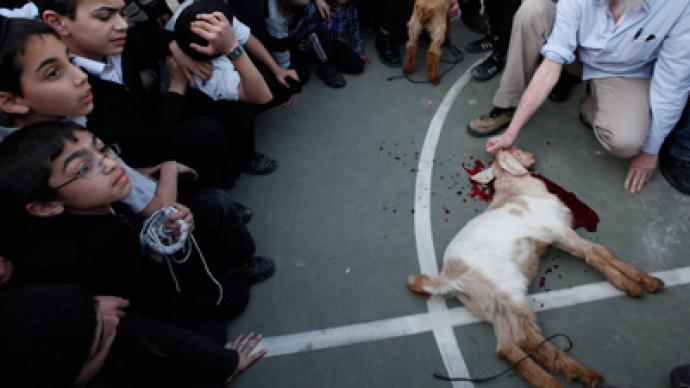Polish government to reinstate religious animal slaughter after court ban

One week after a Polish constitutional court banned the ritual slaughter of animals, Stanislaw Kalemba, the minister of agriculture, has announced a change in legislation to reinstate the practice, which is used by some of Poland’s religious communities.
In a blow to animal rights activists, who thought they had won the battle against the ritual slaughter of animals with last week’s ruling, Kalemba, a member of the Polish Peasant’s Party (PSL), said that only one article in the act needs to be altered to make slaughtering animals in this way legal again. “This is the quickest way to change the law, as a [new] bill by the government would require protracted public consultation,” he told Polish news channel TVP. On November 28, Poland’s Constitutional Court ruled that the ritual slaughter of animals is unconstitutional. As such, it was meant to have been outlawed beginning with the new year. Animal rights groups had petitioned for Attorney General Andrzej Seremet to change the law because, they said, it contradicted a 1997 act on animal protection which stated that animals cannot be slaughtered without being stunned first. But Kalemba also pointed out that an EU law which comes into effect next year would have overridden the constitutional court’s ban in any case. “Arguments have been made that European law overrides national law, and that EU regulations can be applied directly,” he said. He also said that “it is necessary to respect the rights of religious groups, where ritual slaughter has been practiced for thousands of years.”Kalemba’s announcement will be welcomed by Poland’s small Muslim and Jewish communities. Poland has about 25,000 Muslims and 6,000 Jews. It is also good news for Poland’s export industry. Poland has 29 slaughterhouses which practice ritual slaughter, employing 4,000 people. The industry is worth $259 million in exports.













